 |
 |
|---|
|
|
|---|
 |
 |
 |
 |
|---|---|---|---|
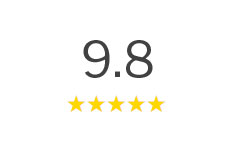 |
 |
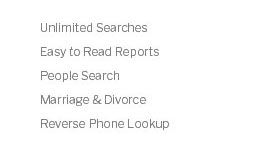 |
|
 |
|||
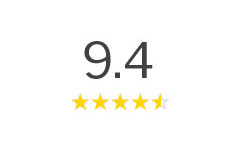 |
 |
 |
|
 |
|||
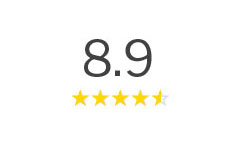 |
 |
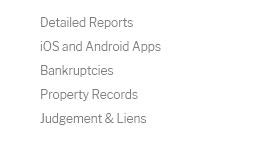 |
|
 |
|||

orlando arrest records: practical uses and how to beginWhat these records includeOrlando arrest records document booking details, arresting agency, charges, dates, and custody status. Many entries also note court case numbers and bond information. While concise, they provide a snapshot of an encounter with law enforcement and should be read alongside court dockets for context. Why people search themResidents, journalists, and businesses consult these files to confirm facts, evaluate risk, or follow cases. Used responsibly, they support safer hiring, tenant screening, and neighborhood awareness. Remember, an arrest is an allegation, not a conviction, and privacy and expungement rules still apply.
Getting startedConfirm jurisdiction in Orange County, then search the sheriff’s arrest and inmate tools or the clerk of courts by name and date. Note booking numbers, compare spellings, and filter by birth year. Cross-check charges with statutes to avoid confusion over similar offenses. For accuracy, match identifiers like middle name and DOB, read disposition notes, and keep copies with docket numbers. When necessary, request certified records. Use clear intent and ethical judgment to stay compliant with state and federal laws.
|
|---|